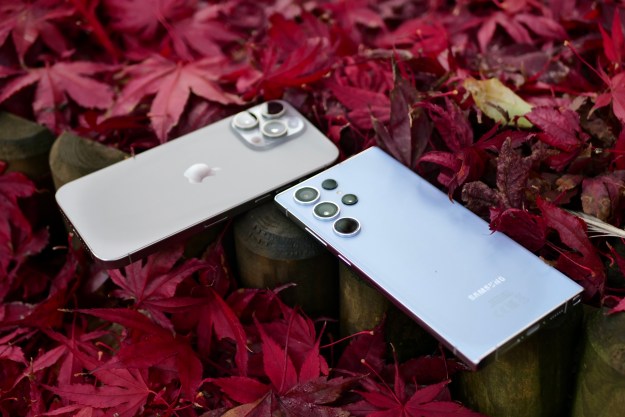
If it wasn’t enough that the European Commission brought antitrust charges against the search giant for its Android mobile operating system last week, now the FTC is extending its probe into the dominant smartphone software as well, according to the Wall Street Journal.
As of 2015’s fourth quarter, Android dominates a whopping 80.7 percent of the market — and companies and app developers have complained that Google abuses the dominance of the operating system. These complaints have spurred the FTC to take a closer look at Google, though this has been happening since 2011. Its gaze into
The European Commission filed antitrust charges last week, citing that Google abuses its position in Android by preinstalling Google services like Search and Chrome, denying the public any choice. A source tells the Wall Street Journal that FTC is looking to access evidence from the European Commission’s case.
The FTC has also reportedly met with and requested data from two companies, but that doesn’t mean the FTC is implying Google has done something wrong. It just means the investigation is progressing, and it’s too early to tell if the extended probe will lead to legal action.
One benefit of having the FTC look into Google, rather than the European regulators who have more power, is that U.S. law “would encourage” the commission to give Google credit if it had proper business justifications and actually improved user experiences in Android. It’s the same reason why the FTC dropped a probe into Google’s search results in 2013.
Android also has a lower market share in the U.S. than in Europe, according to the WSJ.
In response to the European Commission’s charges, a Google spokesperson told Digital Trends that manufacturers can use Android however they wish.
“Anyone can use Android, with or without Google applications,” the spokesperson said. “Hardware manufacturers and carriers can decide how to use
There is a silver lining for Google, though. Last week, Canadian regulators said the company didn’t violate competition laws. These regulators came to the conclusion after a probe that lasted several years, where they also consulted the FTC and European regulators.
“We’re pleased that the Canadian Competition Bureau has decided to end its inquiry,” a Google spokesperson told Digital Trends. “We work hard in a competitive landscape to create a great experience for our users and help them quickly and easily find what they need from Google.”
In Google’s favor, courts and regulators from the U.K., Germany, Brazil, Korea have looked into various Google practices and found them not to be anti-competitive, a source familiar on the matter said.
Editors' Recommendations
- I compared Google and Samsung’s AI photo-editing tools. It’s not even close
- Every Android tablet we’re expecting in 2024
- The 6 biggest announcements we expect from Google I/O 2024
- Android phones finally have their own version of AirTags
- This Google Pixel 8a leak just spoiled everything about the phone
